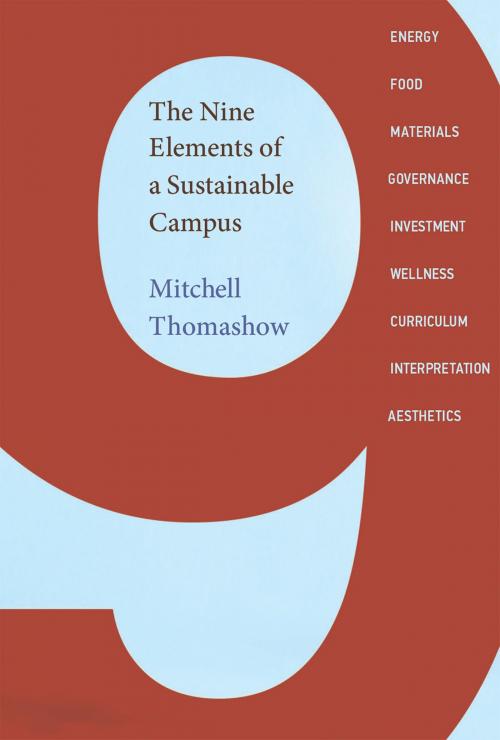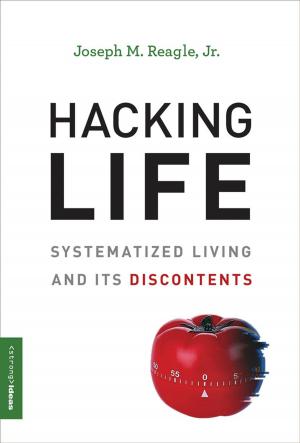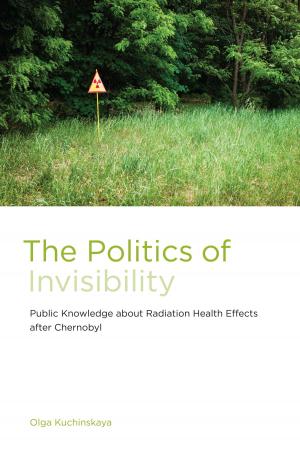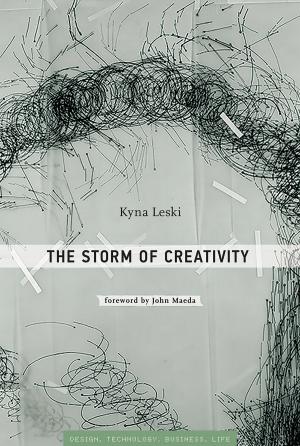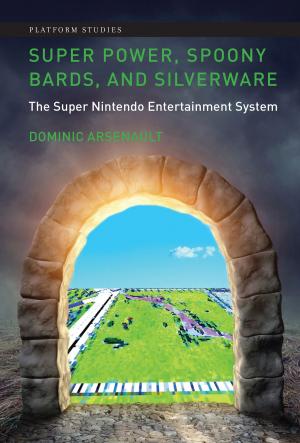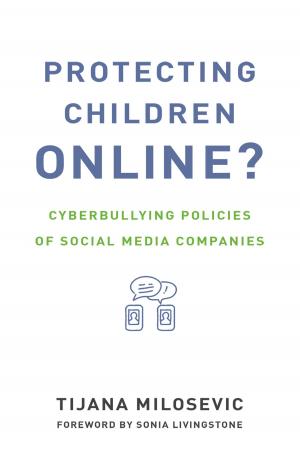The Nine Elements of a Sustainable Campus
Nonfiction, Reference & Language, Education & Teaching, Higher Education, Science & Nature, Science, Biological Sciences, Environmental Science| Author: | Mitchell Thomashow, Anthony Cortese | ISBN: | 9780262321587 |
| Publisher: | The MIT Press | Publication: | February 28, 2014 |
| Imprint: | The MIT Press | Language: | English |
| Author: | Mitchell Thomashow, Anthony Cortese |
| ISBN: | 9780262321587 |
| Publisher: | The MIT Press |
| Publication: | February 28, 2014 |
| Imprint: | The MIT Press |
| Language: | English |
A former college president offers a framework for sustainability on campus, describing initiatives that range from renewable energy to a revamped curriculum to sustainable investment.
Colleges and universities offer our best hope for raising awareness about the climate crisis and the other environmental threats. But most college and university administrations need guidance on the path to sustainability. In The Nine Elements of a Sustainable Campus, Mitchell Thomashow, a former college president, provides just that. Drawing on his experiences at Unity College in Maine, he identifies nine elements for a sustainability agenda: energy, food, and materials (aspects of infrastructure); governance, investment, and wellness (aspects of community); and curriculum, interpretation, and aesthetics (aspects of learning). He then describes how Unity put these elements into practice. Connecting his experiences to broader concerns, Thomashow links the campus to the planet, reminding us that local efforts, taken together, can have a global impact.
A former college president offers a framework for sustainability on campus, describing initiatives that range from renewable energy to a revamped curriculum to sustainable investment.
Colleges and universities offer our best hope for raising awareness about the climate crisis and the other environmental threats. But most college and university administrations need guidance on the path to sustainability. In The Nine Elements of a Sustainable Campus, Mitchell Thomashow, a former college president, provides just that. Drawing on his experiences at Unity College in Maine, he identifies nine elements for a sustainability agenda: energy, food, and materials (aspects of infrastructure); governance, investment, and wellness (aspects of community); and curriculum, interpretation, and aesthetics (aspects of learning). He then describes how Unity put these elements into practice. Connecting his experiences to broader concerns, Thomashow links the campus to the planet, reminding us that local efforts, taken together, can have a global impact.
